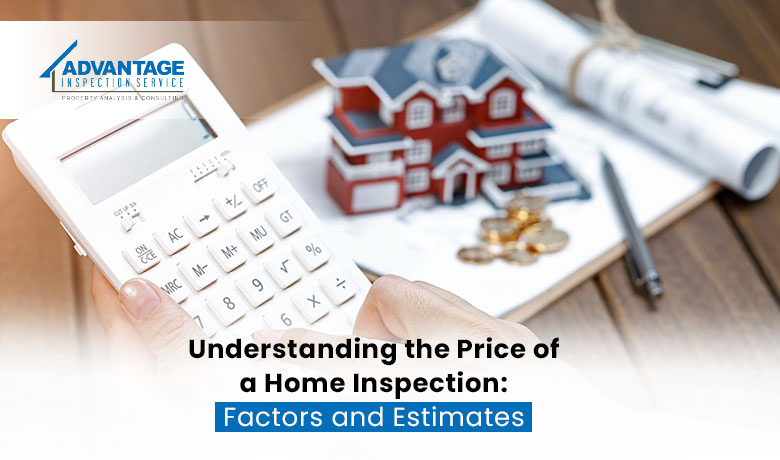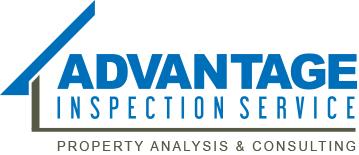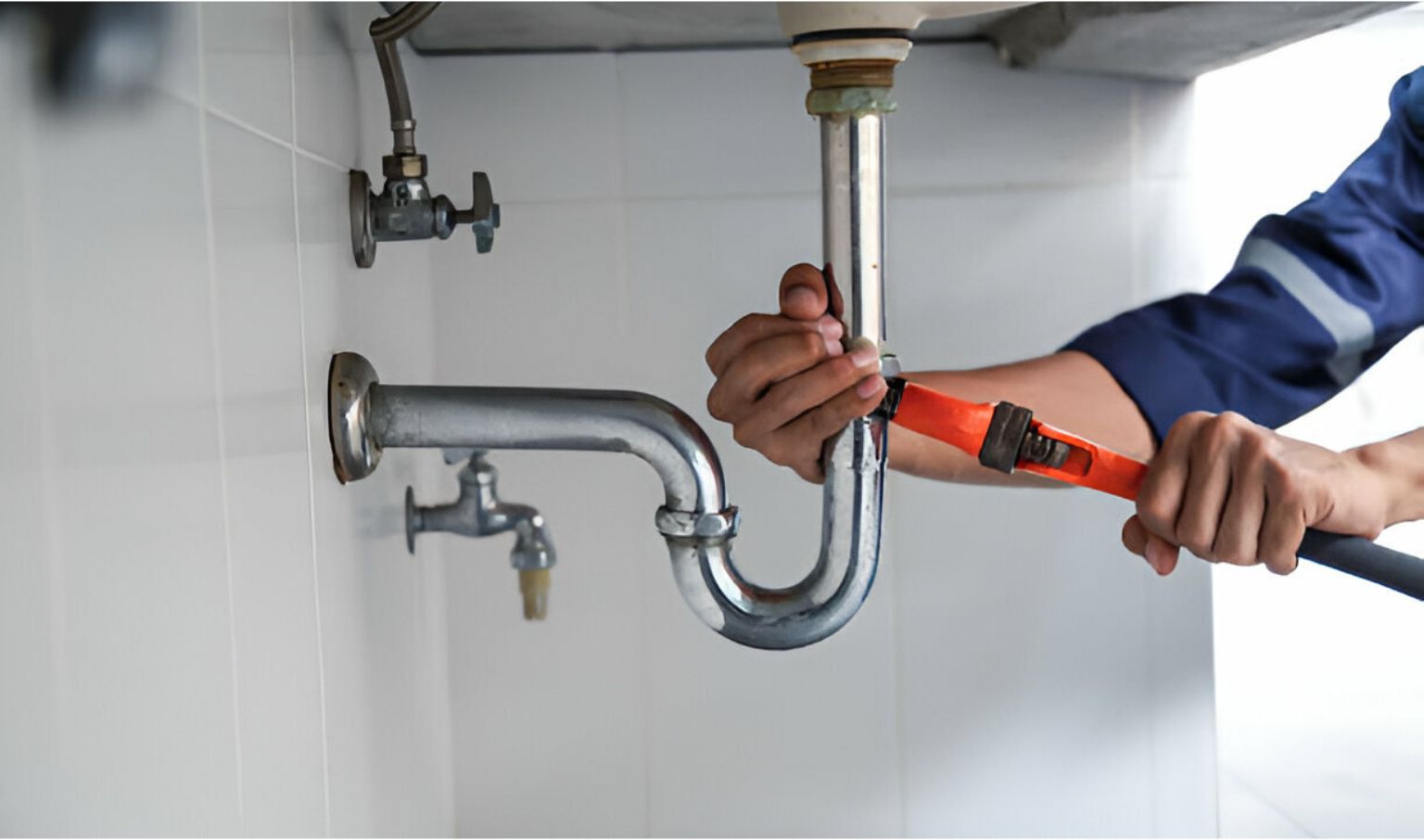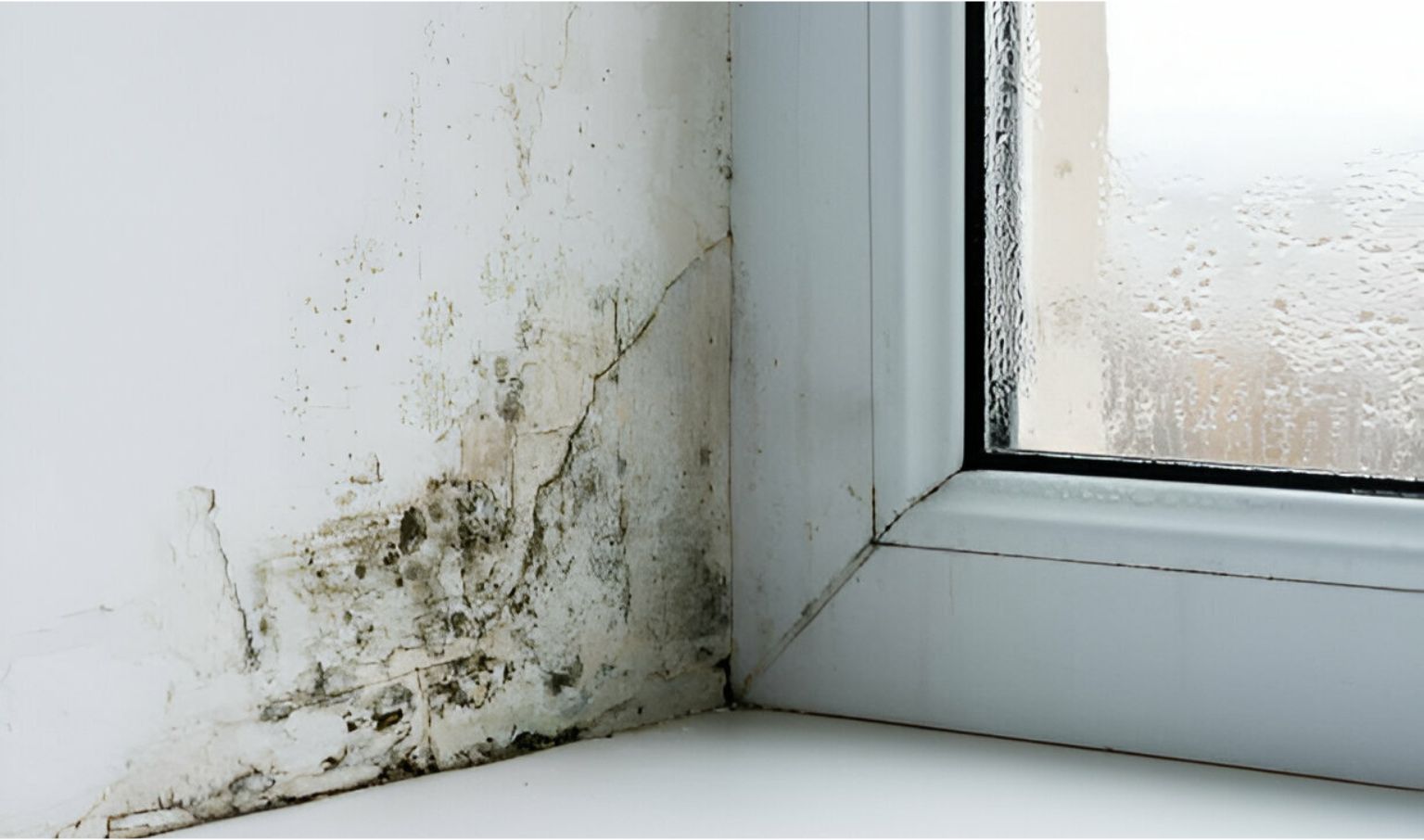You have invested an arm and a leg in buying your new home, and now…

Understanding the Price of a Home Inspection: Factors and Estimates
When you plan on buying or selling a house, a crucial factor that you should undertake is the process of the home inspection. A home inspection is a thorough evaluation of the property’s condition that provides valuable insights regarding the house’s overall safety, structural integrity, and potential issues. However, one of the factors that homebuyers and homeowners often wonder about is the cost of a home inspection and the factors that can influence it. Understanding the price of a home inspection is essential for budgeting and making informed decisions. In this blog, we will discuss the various factors that affect the cost of a home inspection and provide estimates to help the homeowners, home buyers, and home sellers understand this critical aspect of the real estate transactions.
Factors Affecting the Price of a Home Inspection
A home inspection offers essential information on the state of the house, revealing any potential issues or hidden issues that might have an impact on its safety or value. However, the price of a home inspection can vary widely based on several factors. You can better understand the pricing and estimates related to a home inspection by being aware of the following factors.
The size and type of the property are two essential aspects that influence the cost of a home inspection. Since more rooms, systems, and components are needed to evaluate, more significant properties often take longer and involve greater effort to inspect. As a result, a larger home usually costs more than a smaller one for a home inspection. Similar to how different property types, like single-family homes, condos, or townhouses, may have different inspection needs and complexity levels, resulting in price differences.
The property’s age and condition are important additional considerations. Due to possible wear and tear, outdated systems, or hidden issues that may have evolved over time, older properties can present more problems during the inspection. As a result, inspectors may need to devote more time and resources to a thorough examination of an older home, which will raise the cost of the inspection. On the other side, because they are typically thought to be in excellent condition, newer homes could take less time and effort to inspect.
The cost of a home inspection is significantly influenced by location and accessibility. Remote or difficult-to-access properties may require the inspector to travel far, which could increase the entire cost. Additionally, homes that are difficult to access, such as those that need specialized tools or climbing to investigate rooftops or crawl spaces, may take more time and effort to inspect, increasing the cost.
The price of the inspection might also be impacted by additional features or structures associated to a property. For instance, the inspector might have to assess extra features like a detached garage, a pool, or a sizable outside space if the home has them, which could raise the overall cost. The cost of the home inspection may also be increased by unusual features like fireplaces, solar panels, or intricate landscaping that may necessitate additional inspections or specialized knowledge.
Another important consideration is the complexity of the systems and components within a property. An in-depth inspection procedure can be necessary for a home with complicated electrical, plumbing, or heating, ventilation, and air conditioning (HVAC) systems. The cost of the inspection may be affected by the necessity for more thorough evaluation, functional testing, or the use of specialized tools by the inspectors.
The total cost may change if specialized inspections are a part of the regular home inspection. Certain inspections, such termite inspections, radon tests, or mold assessments, may be required or advised depending on the area or particular requirements. These additional inspections which require different knowledge and tools, will be more expensive overall.
The inspector’s credentials and expertise might also influence the price. Inspectors may charge more for their services if they have more training, more advanced certificates, or more specialized knowledge. They are more likely to deliver a complete and accurate assessment of the property, therefore their experience and standing in the field can justify a higher cost.
Demand and competition in the market, seasonal variations, extra services and add-ons, the cost of tools and equipment, the length of the inspection, travel costs, the distance traveled, insurance and liability coverage, and the company’s reputation and reviews are additional factors that affect the price of a home inspection.
Tips for Estimating a Home Inspection Cost
After evaluating the factors that affect a home inspection cost, there is always a need to determine and estimate the home inspection cost, letting home buyers and home sellers budget accordingly. Some of the tips to estimate a home inspection cost are given below:
- Research Local Average Rates: The first step in determining the cost of a home inspection is to look up local rates. The price of a home inspection might vary greatly depending on the inspector’s qualifications, location, and property size. You can create a basis for your expected cost by learning more about the current prices.
- Consider Property Type and Size: A home inspection’s ultimate cost is significantly influenced by the size and type of the property. Larger homes frequently require more time and work to adequately inspect, which could lead to more significant costs. Additionally, particular inspection requirements for other property types, including condos or older homes, may have an impact on the price. Letting the inspector know these specifics is crucial to get an accurate assessment. Typically a home inspection for a regular house costs between $300-$400.
- Evaluate Additional Services: A home inspection may occasionally necessitate additional services, which could raise the entire cost. These services may include specialized tests for radon, mold, lead, or pests. It is best to communicate your worries with the inspector in advance if you have any specific concerns about the property. You can more appropriately calculate the price by identifying any additional services that are required.
- Check Inspector’s Credentials and Expertise: The price may also vary depending on the house inspector’s training and expertise. Due to their competence, highly skilled inspectors with advanced certificates may charge higher. While choosing a less expensive inspector could be appealing, it is essential to put expertise and reputation first to guarantee a thorough inspection. Choose licensed specialists with a history of performing comprehensive inspections.
- Request Multiple Quotes: It is advised to seek estimates from a number of reliable home inspectors in order to better understand the range of prices. To get precise estimates, be sure to include complete information about the property. However, keep in mind that price alone should not be the only deciding element; also take into account the inspector’s credentials, experience, and reputation.
- Factor in Travel Expenses: If the property is outside the inspector’s typical service area, they could charge an extra fee for travel costs. Depending on the travel distance and time needed to get to the property, these costs could vary. It is crucial to go over this matter with the inspector and factor it into your cost estimate.
Are you looking for cost-effective home inspection solutions? Look no further than Advantage Inspection Services. Schedule your home inspection now, and unlock your peace of mind.




